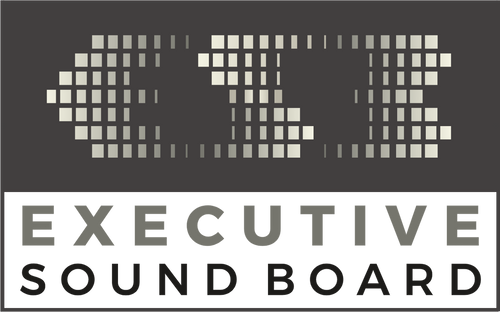Individual Coaching

Private one-on-one coaching is the heart of what we do, and for good reasons.
For one thing, traditional services like management consulting and classroom-style leadership training are notoriously rich in content, but poor in results.
The reason for this is that meaningful improvement requires lasting changes in mindset and behavior, which don’t come from books, seminars, or slick and expensive PowerPoint decks.
To illustrate this point, Amazon carries over 70,000 book titles in the “Self Help” category, yet global suicide rates have increased by 60% in the last 45 years.
Clearly, information alone is not enough.
What makes coaching different?
In a 2011 interview with NPR, Atul Gawande, Professor of Surgery at Harvard Medical School, said:
“We now know that in teaching, the most important thing for the outcomes of students — that the school has control over — is the quality of the teaching. A bunch of [studies] have shown that when you have teachers go through workshops [and] learn some new skills about teaching math or teaching English, less than 20 percent are using those skills six months later.
But if you have a coach follow them into the classroom, even just once a month, and watch them try that out, they get to over a 75 percent likelihood that they'll use those skills."
I believe this radical improvement in effectiveness comes from several key features that distinguish coaching from other modalities.
1. Getting Out of Your HeadIn an essay titled “On the Gradual Construction of Thoughts During Speech”, German writer Heinrich von Kleist wrote:
“…since I always have some obscure preconception, distantly connected in some way with whatever I am looking for, I have only to begin boldly and the mind, obliged to find an end for this beginning, transforms my confused concept as I speak into thoughts that are perfectly clear, so that, to my surprise, the end of the sentence coincides with the desired knowledge.”
Simply put, speaking out loud forces you to transform your partially formed thoughts into coherent and complete ideas, which is the starting point for clarity and meaningful meta-cognition.
2. Regular Reflection and Deliberate PracticeA structured coaching program provides a regular cadence for you to rise above the noise of your day-to-day tactical work. This allows you to think deeply about strategic issues and reflect on the patterns of thought, speech, and behavior that ultimately your drive performance and results.
While the process of reflection provides significant benefits on its own, real improvement also requires deliberate practice — defined by psychologist Anders Ericsson as:
“the individualized training activities specially designed by a coach or teacher to improve specific aspects of an individual’s performance through repetition and successive refinement” (Ericsson & Lehmann, 1996, pp. 278–279).
For more information on deliberate practice, see https://fs.blog/deliberate-practice-guide or https://sentio.org/what-is-deliberate-practice.
“A world in which deliberate practice is a normal part of life would be one in which people had more volition and satisfaction.” ― Anders Ericsson, Peak: Secrets from the New Science of Expertise
3. Trusted Thought PartnershipYou have likely heard the expression “two heads are better than one.” A skilled thought partner acts as a sounding board and serves two critical functions, namely:
- Confidential, committed listening, and
- Objective and honest feedback.
First and foremost, a professional coach is an expert listener who provides a confidential, non-judgmental space for you to speak freely and plainly. This is especially valuable when it comes to topics that are uncomfortable or inappropriate to discuss with your colleagues.
In a 2018 paper titled “The Listener Sets the Tone: High-Quality Listening Increases Attitude Clarity and Behavior-Intention Consequences”, Itzchakov et al. wrote:
“Rogers (1951) hypothesized that the “atmosphere of safety” created by high-quality listening allows the speaker to relax and become aware of conflicting ideas within the self. Consequently, a speaker who experiences high-quality listening may have greater clarity because of this deeper understanding and awareness of the complexity of the issue. Moreover, because high-quality listening typically includes asking questions in an open way that invites the speaker to elaborate on the issue… the speaker may be encouraged to introspect and become more self-aware. This increased awareness of one’s evaluation… could lead the speaker to experience greater clarity in their attitude.”
The authors further noted:
“When people feel they are being heard and understood, they tend to experience an increase in intellectual humility, one consequence of which is people’s acknowledgment of their own limitations and the recognition that they might be wrong (Reis, 2017).”
Furthermore, a good coach will challenge your assumptions and offer candid reflections that you may not be getting from your colleagues and direct reports. This type of feedback is essential to meaningful self-discovery and growth. As psychologist Anders Ericsson put it:
“…no matter what you’re trying to do, you need feedback to identify exactly where and how you are falling short.” (Anders Ericsson, Peak: Secrets from the New Science of Expertise)
A coach provides an unbiased perspective and a fresh set of eyes. To quote Ericsson once again:
“The best way to get past any barrier is to come at it from a different direction, which is one reason it is useful to work with a teacher or coach.” (Anders Ericsson, Peak: Secrets from the New Science of Expertise)
4. Accountability
A coach is also an accountability partner who holds you to your commitments and helps you move forward when you're stuck.
5. Proven Methods, Models, and Frameworks
While it's true that to a large extent, coaching is about listening and asking good questions, a professional executive coach does much more than that. At Executive Sound Board, we have a comprehensive arsenal of practical models, frameworks, and toolkits to help tackle your nastiest real-world business problems.
For more information, please feel free to book a complimentary consultation. We would be delighted to learn about your specific challenges and explore how we can help.


